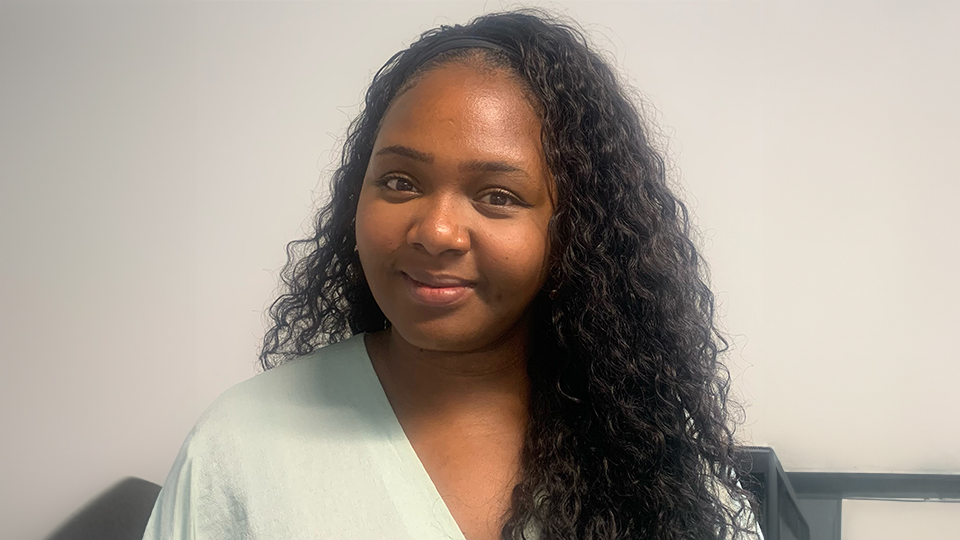


If you’re struggling with your mental health and have reached out for help, then you may be wondering what you can expect from your first therapy session. Being nervous or apprehensive about your first therapy session is completely normal, so don’t worry if you’re feeling this way.
Here, we’ll outline:
- What to expect going into your first therapy session
- What will be covered in your first session
- How to prepare for your first session
- What happens after your first therapy session
What to expect from your first therapy session
Different therapy types, formats and programmes
Before you commence on your therapy journey, it’s important to understand there are lots of different formats and types of therapy, and these can be delivered as part of different treatment programmes. Depending on your needs and what you'd like to discuss in a session, you may see a range of different therapy specialists, including a therapist, counsellor or psychiatrist.
What you can expect from your first therapy session may be slightly different depending on the format, type and programme you’re on. These will be recommended to you based on your individual needs. In your first therapy session, your therapist will explain how the type of therapy recommended for you will work, and what you can expect.
The different therapy formats, types of therapy, and therapy programmes that we offer at Priory include:
Therapy formats:
Therapy types:
- Cognitive behavioural therapy (CBT)
- Psychodynamic therapy
- Dialectical behaviour therapy (DBT)
- Eye movement desensitisation and reprocessing (EMDR)
- Cognitive analytical therapy (CAT)
- Mindfulness
- Person centred counselling
- Interpersonal therapy (IPT)
- Schema therapy
Read more about the many types of therapy we offer.
Therapy programmes:
No matter what format, type or programme you’re on, the values that underpin therapy are essentially the same.
Getting to know each other
Your first therapy session might be referred to as an ‘assessment session’ or something similar. This is standard to all therapy treatments, and is designed to help you and your therapist get to know each other a bit better, understand your presenting difficulties and begin to build an effective therapeutic relationship, which is key to successful treatment.
Going through the practicalities
Following initial introductions, you and your therapist may need to run through some of the practicalities of therapy and some simple ‘housekeeping’ points. These might include:
- Details around how long your sessions will be – individual therapy sessions usually last for around 50 to 60 minutes but sessions may be longer if you’re attending group therapy
- How often you’ll be attending therapy – if you’re an outpatient, you’ll normally attend therapy sessions once a week. If you’re an inpatient, it’s likely that therapy will happen daily
- How long you’ll be attending therapy (if this is known at this point) – this can depend on the type of treatment programme you’re on and your unique needs
- Information regarding confidentiality and risk management processes (if applicable)
These are just some examples, and there may be other practicalities to go through depending on your therapist and your individual circumstances.
An introduction to therapy
Your first therapy session will also usually involve your therapist introducing the therapy itself, and exploring how therapy might look for you. It’s likely they will:
- Explain the type of therapy they’ll be using during your sessions (for example, CBT) and provide some background on this therapy as well as its effectiveness in treating mental health issues
- Explore what you'd like to get out of your therapy sessions and your goals for therapy. For example, would you like to be able to communicate more effectively? Stop being so anxious all the time? Be better at controlling your temper?
- Explore whether you have any worries or concerns when it comes to therapy
- Find out about your current symptoms and how this is impacting your daily living
- Answer any questions you have regarding your mental health difficulties and your therapy sessions, and aim to make you feel as comfortable as possible
You may get emotional – and that’s OK
It’s important to understand that you may become emotional during therapy. This is completely normal, both during your first therapy session and in subsequent sessions. It’s likely that you’ll be talking about difficult feelings or reliving past traumas. Getting upset isn’t anything to be ashamed or embarrassed about and your therapist will work with you to ensure you're well supported during the session.
Feeling ready to talk?
Your first session is about being heard and understood. Take the first step and begin with a confidential assessment.
What will be covered in a therapy session?
Over time, the purpose of therapy is to really get to the bottom of your mental health problems and equip you with the tools to cope or overcome your difficulties.
Following your initial ‘getting to know you’ session, your therapist will use your sessions to explore your problems and use tried and tested therapeutic techniques. You can expect to cover a whole range of issues as part of your subsequent therapy sessions. These can include:
- How you’re feeling, how this is impacting on your behaviour and how it’s affecting other people in your life
- Whether you can identify any triggers for the way you’re feeling. For example, have you gone through something stressful or traumatic that’s causing you to feel the way you do?
- The relationships you have in your life, for example, a partner/spouse, friends, family, colleagues, and the role that these relationships may be playing in your current struggles
- Your childhood and any negative experiences you had as a child that may be influencing you today
- Any issues that came up in previous therapy sessions that you may have had chance to reflect on
- Coping strategies that you can use in your daily life, that will help you to overcome your symptoms and view things in a more positive and healthy way
Your therapist won’t tell you what to do or be judgemental about anything you tell them. Instead, they’ll help you to evaluate things differently, empowering you to feel better and learn effective techniques to deal with any triggers or negativity in the future. They’ll also help you to focus on what you can and cannot change in your life, supporting you to recognise the difference.
There’s absolutely no pressure on you at all during therapy sessions – you don’t have to talk about anything you don’t want to or don’t feel comfortable with. Your therapist will encourage you to open up as much as you want, going completely at your pace and helping to provide you with the tools to cope with the difficult things that may come up for you.
How to prepare for a therapy session
There are a number of things you can do to prepare yourself for a therapy session:
- Be prepared to be as open and honest as possible with your therapist. It’s entirely your choice as to what you want to share, but you really shouldn’t feel as though you have to hold anything back. Everything you say is confidential. Therapists are objective and non-judgemental and the more candid you are, the more likely they are to be able to help you
- Be prepared to discuss with your therapist how you felt immediately after your last session and how you have felt in between. This may guide what you cover in your current session
- Some types of therapy (for example, CBT) ask that you complete behavioural ‘homework’ assignments. Try to make sure this is ready and be prepared to talk about it
What happens after a therapy session?
There are a number of things you can expect to happen following a therapy session:
- Firstly, you might feel tired and emotionally drained immediately following a therapy session – this is completely normal. It really is hard work what you’re doing!
- Your therapist will encourage you to consolidate any new skills or coping strategies you’ve learned, by incorporating them into your daily life
- You may be set behavioural ‘homework’ tasks, depending on the type of therapy you’re receiving. It’s important that you really do try your best to complete these, as they’re designed to help you with your recovery and facilitate change
- You may wish to write down any issues or difficulties that come up for you in between therapy sessions, so you’re able to talk about these with your therapist during your next session
Starting therapy can be daunting, but it’s the first step along your road to recovery and wellbeing.



